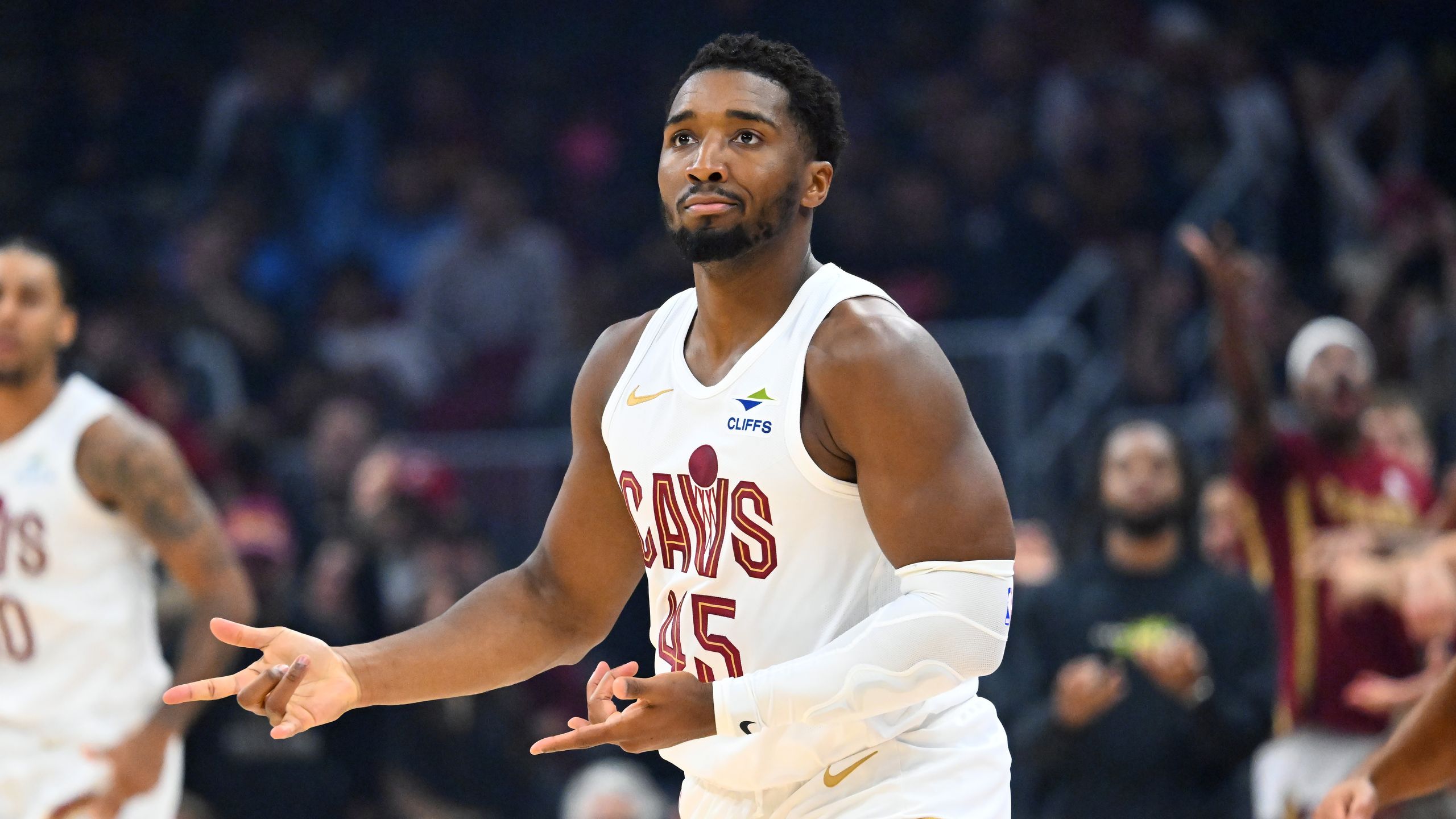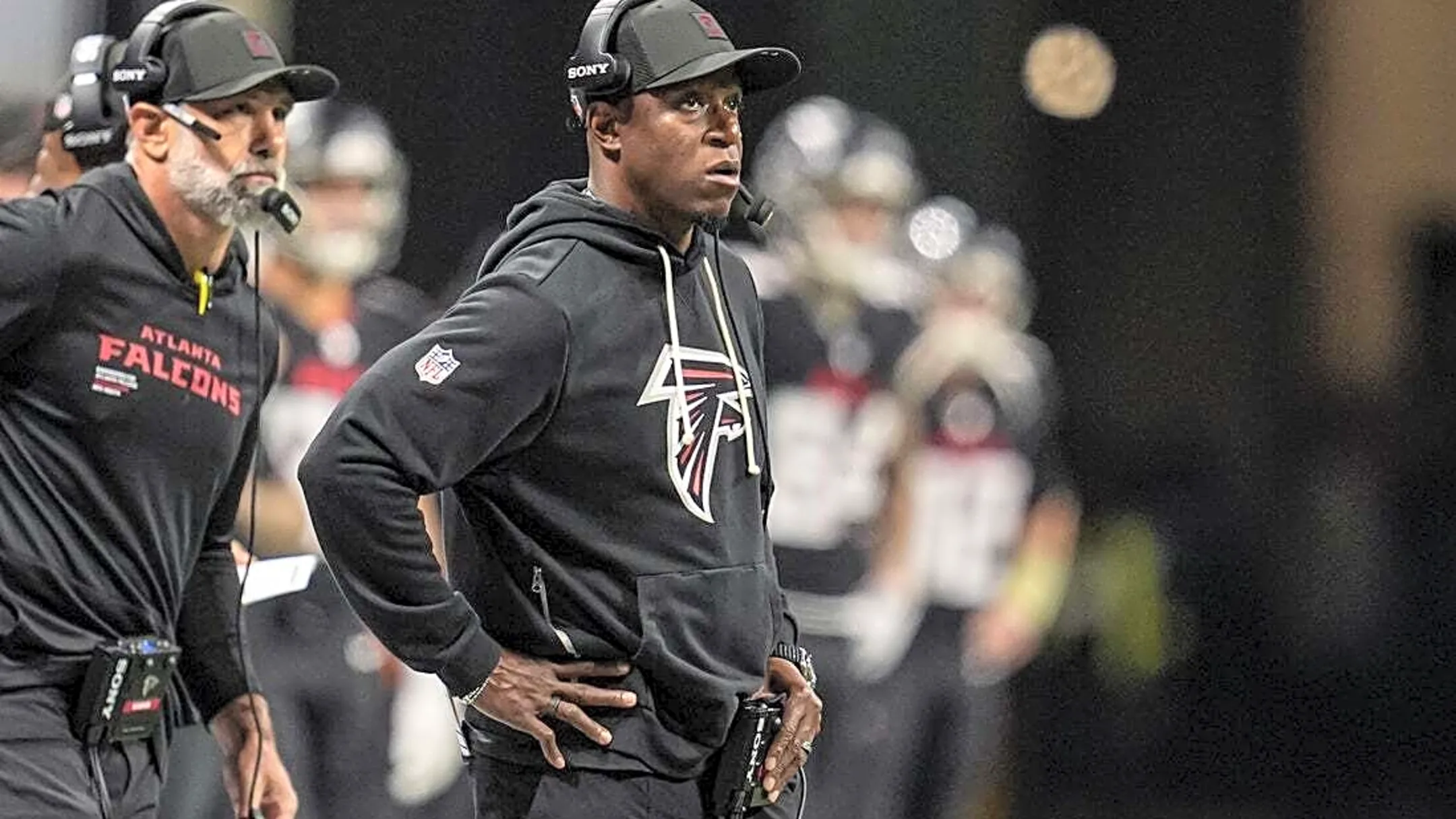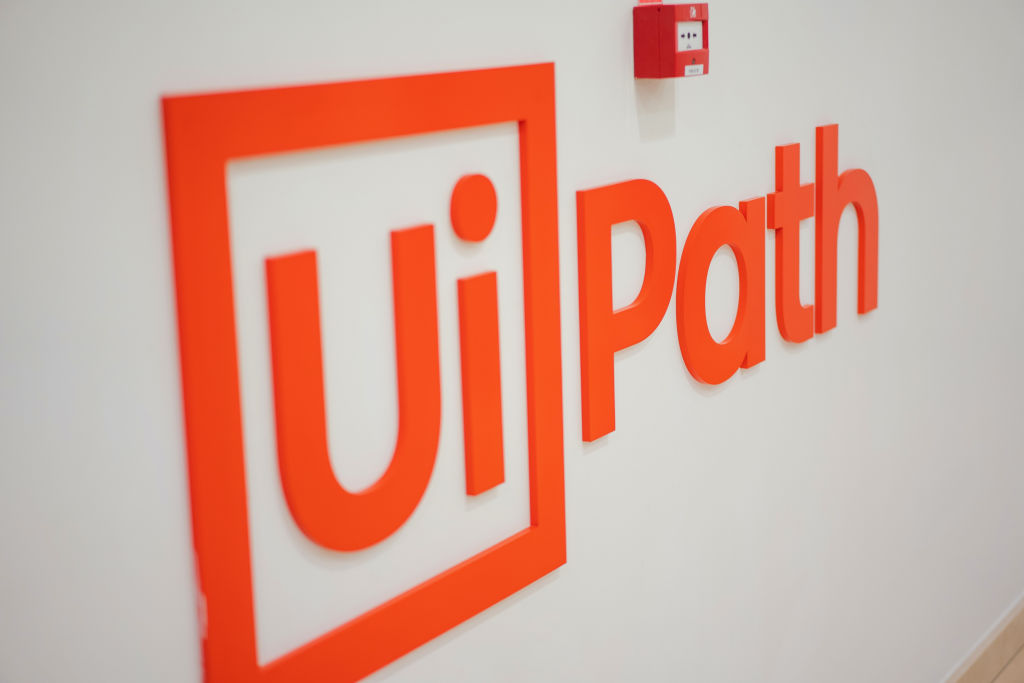Copyright cityam

UK businesses lead global peers in risk oversight, with nearly eight in ten British businesses reporting that boards are directly involved, a figure significantly higher than global peers. According to Aon’s new ‘global risk management survey’, senior leadership in the UK is taking on greater responsibility for the risks their businesses face, as three-quarters of UK firms have dedicated risk or insurance departments, compared with just over 68 per cent globally. Julie Page, CEO of Aon EMEA, told City AM: “The stronger and fitter you are, the better you will cope with the risks and eventualities you face in life. Risk preparation for business works in the same way – you may not know exactly what you will face, but a well-prepared business will be better placed to respond, even to the unexpected events.” The top risks for UK businesses are cyber-attacks/data breaches, followed by business interruption and economic slowdown. But looking ahead, UK firms rank AI and increased competition among their top five emerging risks over the next three years. “The increasing frequency and sophistication of cyber threats continues to place data breaches as a top concern for European businesses, in line with the UK and global findings,” Page said. This comes after cyberattacks on big-name businesses dominated the headlines this year, with recent incidents targeting the Co-op and Jaguar Land Rover resulting in substantial financial losses for the businesses. Captives on the rise British businesses are also demonstrating a more mature approach to quantifying and managing risk, as nearly 69 per cent measure their total cost of insurable risk, compared with 54 per cent globally. It was also noted that three-quarters (75 per cent) of British businesses are currently operating or planning to establish a captive insurance vehicle. This comes after the UK Government greenlit a captive insurance regime in July. While the report, which gathered insights from nearly 3,000 executives, also highlighted that UK businesses are more likely to rely on brokers to identify major risks, with 78.3 per cent doing so, compared with 55.7 per cent globally. This figure emphasised the value of specialist advice complementing in-house expertise. Rob Kemp, head of commercial risk for Aon UK, stated: “The risks businesses face today demand more than incremental change.” “They call for leaders to view resilience as a source of competitive advantage, harnessing data and analytics to anticipate disruption and enabling them to act decisively in protecting and growing their organisations,” he added.



